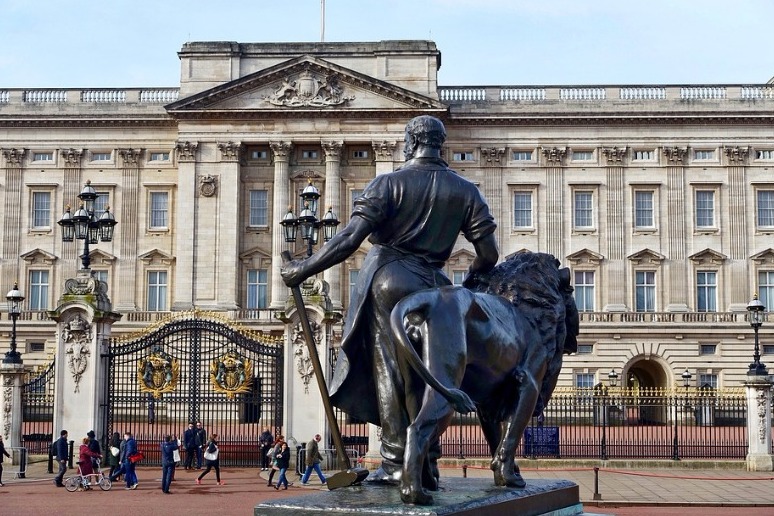
MEMORIAL SERVICE HELD FOR GRENFELL VICTIMS
MEMBERS OF THE ROYAL FAMILY HAVE ATTENDED THE SERVICE - AS A REPORT CLAIMS THE SAME BUILDERS ARE HIRED TO REPLACE CLADDING.
The safety of high-rise buildings has come under scrutiny since the Grenfell disaster in June which killed 71 people. The British government, which ordered a series of tests to establish which types of cladding panels met fire safety rules, said those on the London tower block did not comply.
A Reuters review identified 65 other towers with cladding of a type that was approved by local building inspectors, but which government tests found did not comply with the statutory regulations. The towers were clad by major builders including French groups Engie and Bouygues, and Britain's Galliford Try, Forrest, Wates Group, Rydon Group and Willmott Dixon.
The Reuters review was based on publicly available building planning permission documents, which detail the work carried out and the materials used, as well as visits to the towers and statements from housing providers and builders.
For 29 of the buildings, the same builders that installed the cladding have won new contracts to remove or replace the panels, according to the owners of the buildings, who said they were paying millions of pounds for the work. The rehired companies are Willmott Dixon, Wates and Engie.
Willmott Dixon and Rydon said their cladding work complied with safety regulations, but did not say how. Wates, Bouygues, Galliford Try and Engie declined to answer questions on whether their work complied with regulations.
"Following the Grenfell tragedy, we have been supporting the relevant councils, and removed the cladding where requested. Our primary concern is to ensure all residents in these buildings are secure and safe," said an Engie spokesman.
In the wake of Grenfell, the government ordered an independent review into building regulations and fire safety, and the way the rules are complied with and enforced. The review is due to report its findings early next year.
The 65 towers in question are owned by local governments - known as councils - or housing associations, which are publicly funded, non-profit bodies that provide housing intended for low-income people.
At the time all the panels were installed, building inspectors - usually council workers but sometimes staff of inspection firms licensed by councils - signed off the work as being compliant with safety regulations, according to the owners of the blocks and the building firms involved.
Chris Blythe, CEO of trade body the Chartered Institute of Building, said builders hired to carry out high-rise cladding projects used many subcontractors and advisers, and that this could lead to misunderstandings, with one party thinking another had ensured work was compliant.
"The business model we have is almost geared up for potential failure," said Blythe, adding that if fewer parties were involved, there would be less room for confusion over responsibilities.
For all 65 blocks identified by Reuters, the councils or council-licensed firms whose inspectors approved the work as compliant either did not respond to requests for comment or declined to comment while the independent review was ongoing.
Published: by Radio NewsHub
